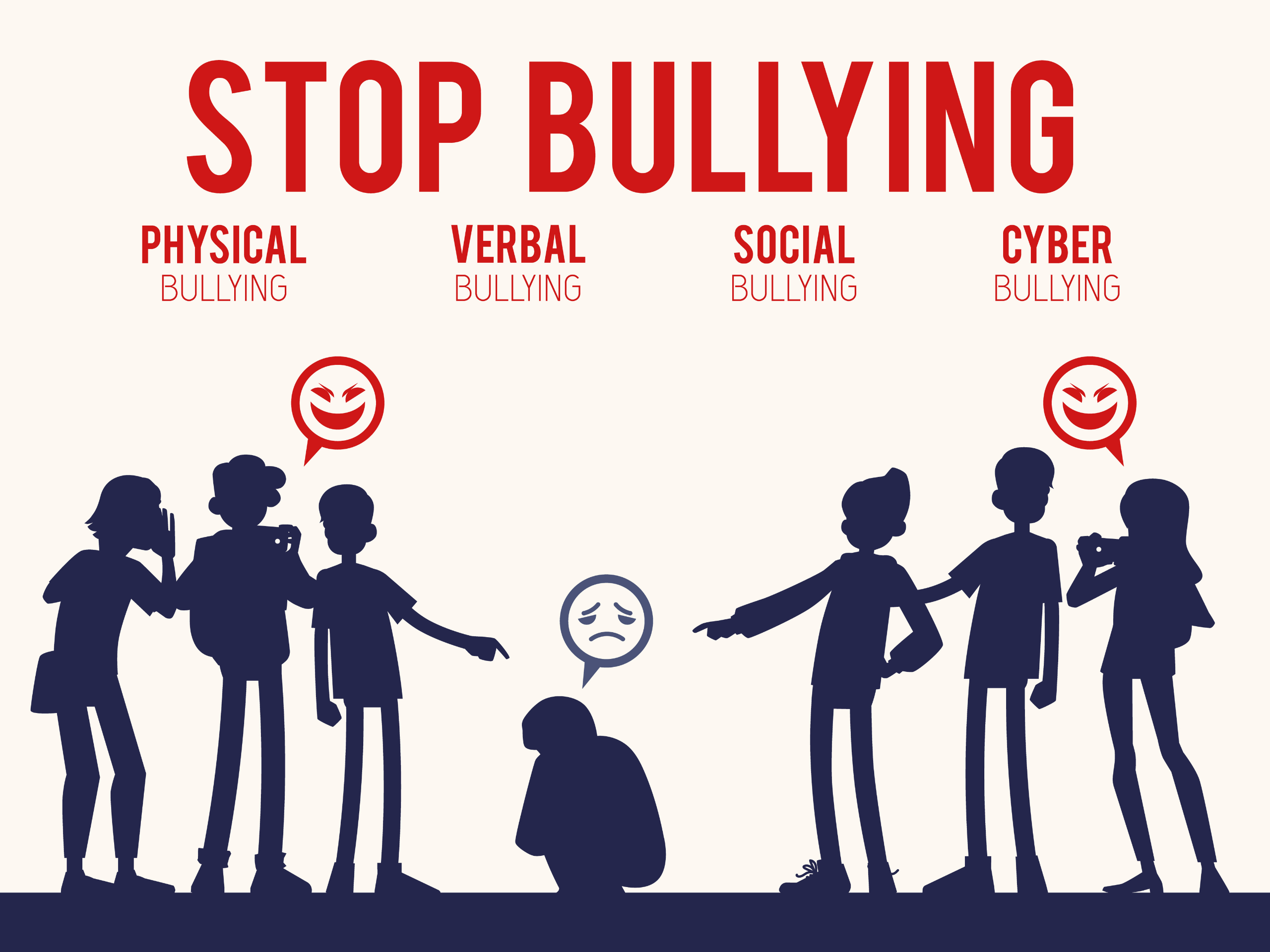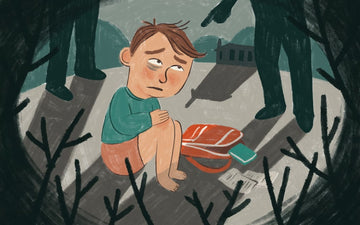Bullying is unwanted, aggressive behaviour among school aged children that involves a real or perceived power imbalance, it is really just another form of abuse: it’s about kids using power to control other kids, sometimes with the intention to cause harm. It's important to keep an eye out for signs that your pre-teen/teenager may be experiencing bullying in high school. If your child is being bullied, listening and talking with your child is essential. Most kids aren’t going to come home and tell you that they’re being bullied—in fact, many won’t say anything. They may feel ashamed or worried that they are to blame somehow, and they become experts at keeping it all inside. Calm and caring conversations will also help your child feel loved and supported. What are the signs you need to know as a parent?

1. Changes in behavior: Look for sudden changes in behavior, such as withdrawing from social activities, avoiding school or social events, or displaying signs of anxiety or depression.

2.Physical signs: Pay attention to physical signs such as unexplained bruises, cuts, or scratches, torn clothing, and lost or damaged personal items.

3. Changes in eating or sleeping patterns: Bullying can cause stress, which can lead to changes in eating or sleeping patterns.

4. Academic decline: If your child's grades suddenly drop or they seem to be losing interest in school, it could be a sign that they are experiencing bullying.

5. Social media activity: Keep an eye on your child's social media activity for signs of cyberbullying, such as negative comments, rumors, or threats.

While exhibiting one or more of these signs might not necessarily mean that your child is being bullied (or cyberbullied), these are important things to pay attention to if you suspect something is going on and to have a open honest conversation with them regarding the signs you have observed.

If you suspect that your child is being bullied, here are some steps you can take:
- Talk to your child: Let your child know that you are there to listen and support them. Encourage them to share their experiences and feelings with you.
- Contact the school: Talk to your child's teacher or school counselor to share your concerns and ask for their help in addressing the situation.
- Work with the school: Work with the school to develop a plan to address the bullying. This could include a meeting with the bully, the bully's parents, and the school administration to discuss the situation.
- Seek outside support: Consider reaching out to a mental health professional or a support group for parents of children who have experienced bullying.

Remember, bullying can have long-lasting effects on a child's emotional and mental well-being. It's important to take action as soon as possible to address the situation and provide support for your child. Your child might be embarrassed or worried that involving the school will make the bullying worse. It’s important to listen to your child’s concerns as well and see what you can do to ease their worries.




